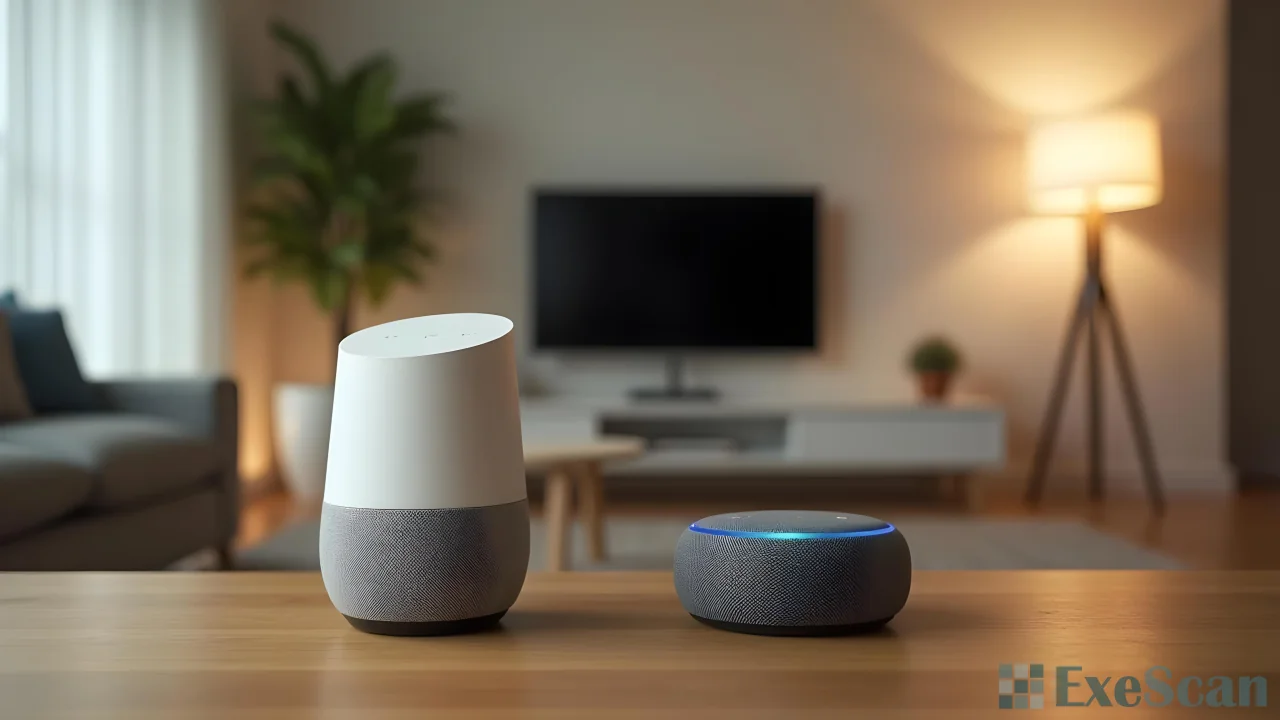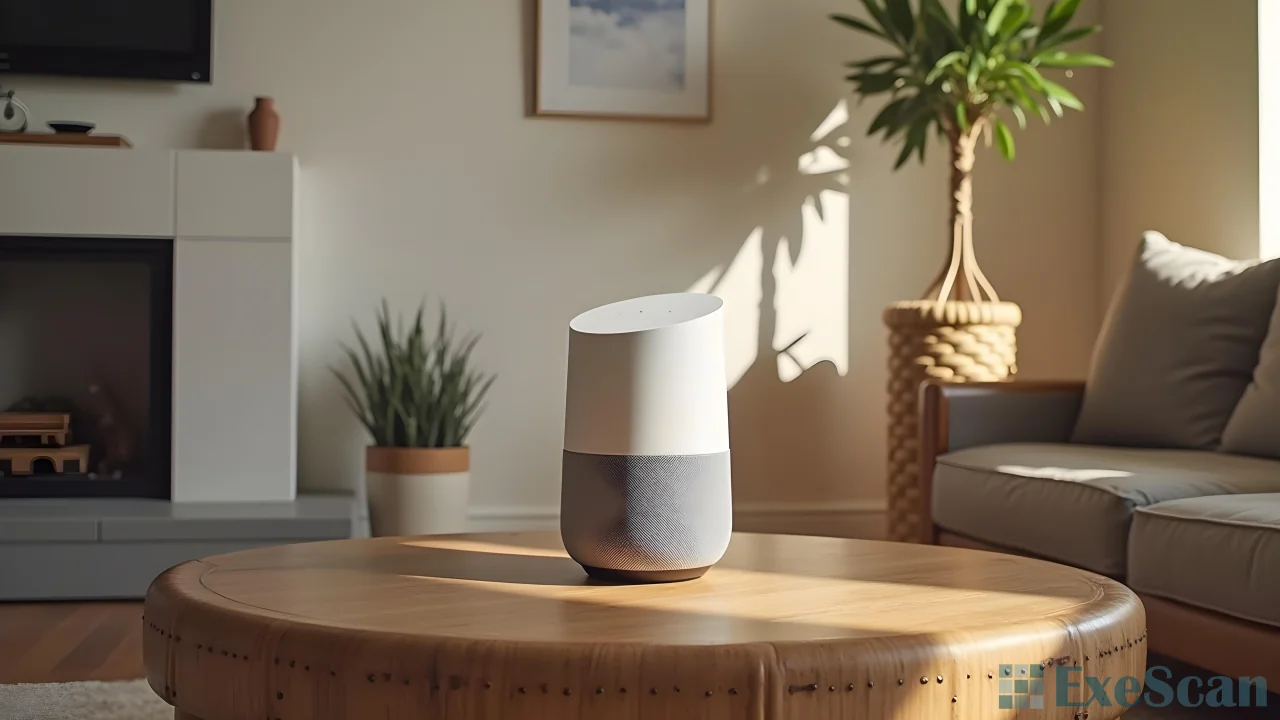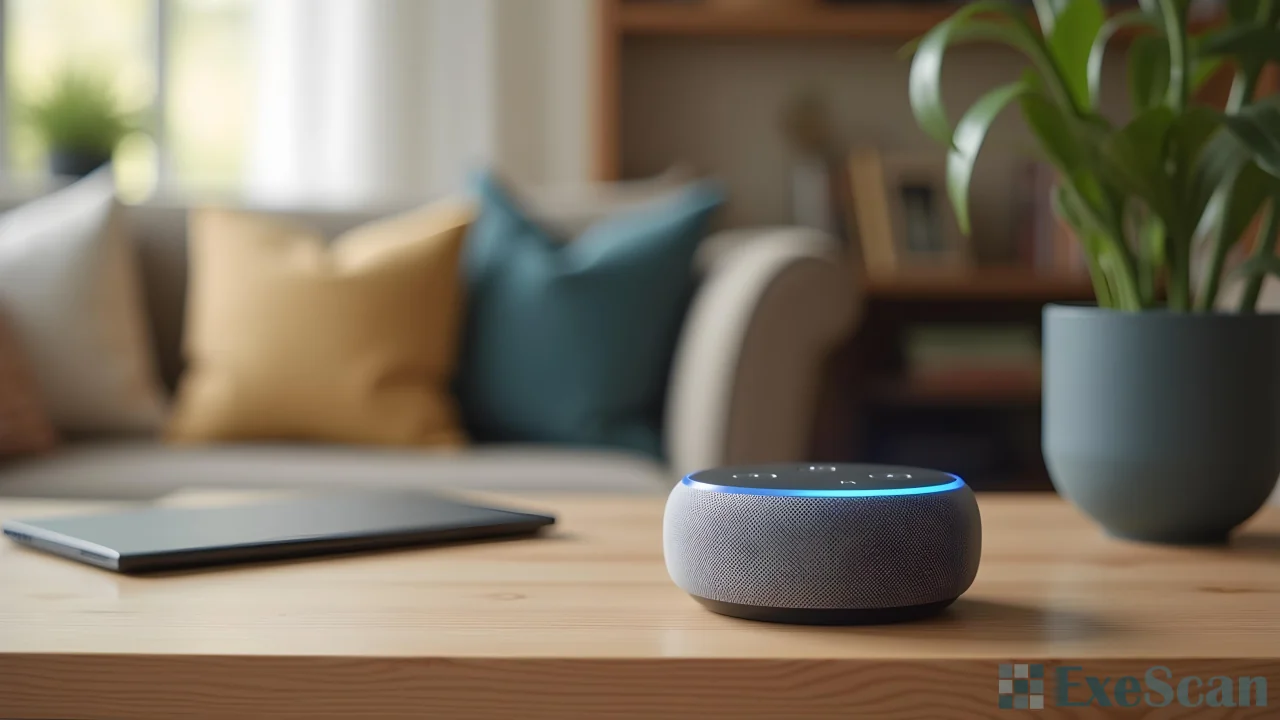When setting up a smart home, choosing between Amazon Alexa and Google Assistant is a key decision. Both platforms have distinct strengths, making the choice largely dependent on specific needs and preferences. This article compares the two systems to help determine which might be the better option for a smart home setup.
Compatibility with Smart Home Devices
One of the first factors to consider when deciding between Amazon Alexa and Google Assistant is compatibility with smart home devices. Amazon Alexa generally has an edge in this area, supporting a broader range of devices, including many budget-friendly options. From smart lights to thermostats and security cameras, Alexa is compatible with a wide array of products across different brands.
Google Assistant, while also supporting a variety of devices, excels particularly within the Google ecosystem. For those invested in Google’s Nest products, Google Assistant provides a more seamless experience. However, for households with a mix of different brands, Alexa may offer better overall compatibility.

Voice Recognition and Response
Voice recognition and response quality are crucial when selecting a smart home assistant. Google Assistant often stands out for its intuitive understanding of natural language. It tends to handle complex commands and follow-up questions more effectively, making it a strong choice for those who use detailed voice commands regularly. For example, Google Assistant can easily interpret a request to dim the lights and adjust them to a specific percentage in a single interaction.
Amazon Alexa is also highly capable, though it may require more precise phrasing. Alexa’s voice recognition has improved significantly, and for most common commands, it performs well. However, for users frequently giving complex or multi-step commands, Google Assistant might offer a smoother experience.
Integration with Other Services
Another important consideration is how well each assistant integrates with other services. For users heavily engaged with Amazon services such as Amazon Prime, Amazon Music, or Audible, Alexa offers a more integrated experience. With Alexa, it’s easy to play music from Amazon Music or listen to Audible audiobooks with simple voice commands.
Google Assistant, on the other hand, shines in its integration with Google services. It’s particularly effective for those who rely on Google Calendar, Google Maps, or YouTube. Google Assistant can seamlessly manage schedules, pull up directions, and even play videos on compatible devices, all through voice commands.

Smart Home Routines and Automation
Smart home routines and automation are essential for a truly efficient smart home. Both Alexa and Google Assistant offer robust options for setting up routines that control multiple devices with a single command. Amazon Alexa’s routine setup is generally more user-friendly, especially for beginners. Routines can be created using simple triggers such as time of day, voice commands, or device states.
Google Assistant also provides powerful automation features, though the setup process can be more complex, particularly for those unfamiliar with the Google ecosystem. Once configured, Google Assistant’s routines are just as effective. For instance, a morning routine can be programmed to turn on lights, start a coffee maker, and read the news—all with one command.
Price and Availability
Price is a factor when building a smart home, and both Amazon Alexa and Google Assistant offer devices across various price points. Amazon Alexa devices are generally more affordable, especially during sales events like Prime Day. Echo devices are often available at significant discounts, making it easier to expand a smart home setup cost-effectively.
Google Assistant devices, particularly the Nest series, tend to be slightly more expensive but often come with high-quality hardware and deep integration with Google services. For those already invested in the Google ecosystem, the higher cost might be justified by the added convenience and seamless integration.

Privacy Concerns
Privacy is an increasingly important consideration for smart home users. Both Amazon Alexa and Google Assistant have implemented features to enhance user privacy. Amazon, for example, allows users to delete voice recordings and disable the microphone on Echo devices. However, some users may have concerns about Amazon’s extensive data practices, especially given its large presence in e-commerce.
Google Assistant also offers privacy controls, including the ability to delete recordings and manage data through a Google account. While Google’s business model heavily relies on data, the company provides transparent data management options, which may offer some reassurance. Ultimately, the choice between the two platforms may come down to personal comfort levels regarding data privacy.
Final Thoughts
In conclusion, both Amazon Alexa and Google Assistant are strong contenders for creating a smart home. The best choice depends on individual needs and existing ecosystems. Amazon Alexa might be the better option for those seeking broad device compatibility, affordability, and deep integration with Amazon services. Conversely, Google Assistant is ideal for users who prefer intuitive voice commands, seamless integration with Google services, and are already invested in the Google ecosystem.
Both platforms offer unique advantages, making it essential to consider which aligns best with the specific requirements of a smart home setup.


